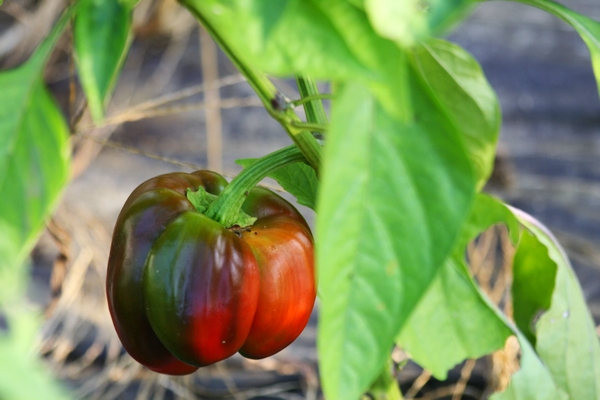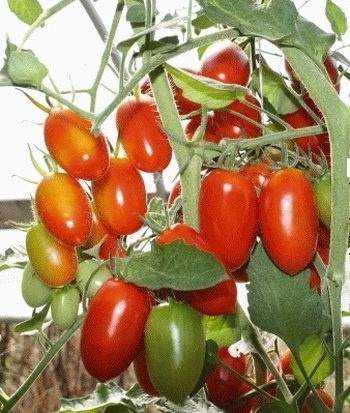The gardens are producing, we’re putting up food and there are vegetables and fruits to share, but do we have enough of all we want? If not, let’s do what we can to buy locally.
Do you know how old your grocery store purchased fresh vegetables are? According to the Economics of Food, Farming, Natural Resources and Rural America Economic Research Service, which is part of the USDA, food travels an average from 1500 to 2500 miles, depending on what it is and where it was grown or raised, from the field to your dinner table. Your food will be much fresher than its grocery store counterpart that needed 7 to 14 days to reach its destination after being picked. That’s a lot of traveling, time and fuel to get that food to you. Every day thousands of semis are on our interstates bringing food to us.
According to the Ohio Ecological Food and Farm Association, fertilizers, pesticides, herbicides and transportation of food use up a lot of our non-renewable petroleum. They say one fifth of all petroleum in the United States is used in agriculture alone. If you shop at a farmers market, farmstand or are a CSA customer you’re food will have maximum freshness, contain less packaging and use less fuel for transportation. Fewer emissioins will be produced which will help to keep our air cleaner. You probably won’t find styrofoam trays and plastic wrap (petrochemical products) used as packaging at your local farms. You’re more likely to find baskets of unpackaged food to choose from.
Nutrient content starts to decline after fruits and vegetables are harvested so the sooner you have them on your plate the better. According to David Suzuki, loss of nutrients also comes from picking unripe fruit so that it will last extended time in transport. Additionally, he also says chemicals are often used to prevent mold and fungus from growing during transportation and storage.
Shopping locally keeps your money in the local economy longer. If the farmer spends that money in the community the local economy benefits from those same dollars again. You’ll also help create local jobs. Farms need workers. And don’t worry about cancelling out a job at the big box store. We’re no where close to having that much locally grown food available – but there’s hope! The Buy Locally movement continues to spread and gain followers as people learn more about its importance.
Grocery stores don’t offer the unique varieties you can find on farms. Grocery stores must have produce grown to look appealing and hold up well during transportation. According to Mary Choate, author of “A Good Tomato in Winter, Where?” most fresh fruits and vegetables produced in the US are shipped from California, Florida and Washington. Food has to hold up to handling, being bumped around a lot, and long rides to stores. You don’t get as many varieties because of this. Thin skinned tomatoes, for example, often taste wonderful but they’re more prone to cracking during the rough handling they’ll get.
You’ll support family farmers. Since 1935, the United States has lost 4.7 million farms. Fewer than one million people claim farming as their primary occupation now. That’s terrible. We need more farmers growing and raising healthy food closer to our homes. In order for those farmers to run sustainable farms we need to show them our support. When you support your local farmers you know where that food is coming from. What do you know about food imported from foreign countries? You can see the growing practices they use for vegetables and fruits. Chickens and turkeys raised on pasture have very different lives than their commodity farm raised counterparts. Pasture, fresh air, sunshine, eating bugs and grass like birds are meant to do, and natural fertilizing as manure is dropped versus cement floors with litter to collect manure, no sunshine, no natural foods, not moving around to catch bugs: it’s an easy choice for me. The texture of a pasture raised bird is incredible. You get meat that needs to be chewed and enjoyed. And, there’s something serene about passing a pasture full of cows, don’t you think? I grew up in the suburbs. One of my favorite things was to stand at the fence of a pasture filled with replacement heifers owned by a dairy farm 20 miles away. I will always love that sight.


